 The NY Times reports: The agency in charge of New York’s subway system did not adequately prepare its staff to handle a new plan for responding to fires, crimes and other emergencies, potentially leaving riders at risk, according to a report by the Metropolitan Transportation Authority.
The NY Times reports: The agency in charge of New York’s subway system did not adequately prepare its staff to handle a new plan for responding to fires, crimes and other emergencies, potentially leaving riders at risk, according to a report by the Metropolitan Transportation Authority.
After a budget squeeze in the spring led to the disbanding of a dedicated emergency response team, officials at the agency, New York City Transit, failed to establish clear procedures for employees who were expected to take up the task of coordinating with other city agencies during emergencies, according to the report. A copy of the report, which was prepared by the authority’s inspector general and is expected to be released this week, was obtained by The New York Times.
Although the transit agency, a division of the M.T.A., has since clarified the procedures, the inspector general’s criticisms are the latest blemish on a spotty record dating to the 1990s, when fire, police and other city officials first raised concerns about poor communication and sluggish response times by the subway’s management.
A dedicated team of emergency managers was installed in early 2008 after an incident in which it took more than an hour for a liaison from the transit agency to arrive at a fire in a Brooklyn subway tunnel. The team won praise but was deemed unnecessary by officials this year as part of an overhaul of how the subways are managed.
Since March, the transit agency has relied on a rotating cast of veteran managers to coordinate any emergency response. Like doctors on call at a hospital, the managers cover shifts during which they communicate with police and fire officials less familiar with the challenges of working in the subway system.
But The Times reported in June that those managers had not received additional training or a refresher on emergency protocols, unlike the team they had replaced.
Officials at New York City Transit, in a response to the inspector general’s report, acknowledged that they could have better trained the new emergency managers. But they insisted that any confusion would be worked out over time and that riders’ safety was never in doubt.
In interviews over the summer, managers gave investigators inconsistent descriptions of the proper procedures in an emergency, including whether employees should communicate with rescue workers at the site or remotely. The agency also did not appear to have enough equipment on hand for all the designated responders, including radios to speak with police and fire officials, the investigators found.
Barry L. Kluger, the inspector general, recommended that the agency designate a new central coordinator who would oversee all emergency planning. In an interview, he said that staff memos were an inadequate training method.
(Source: NY Times)

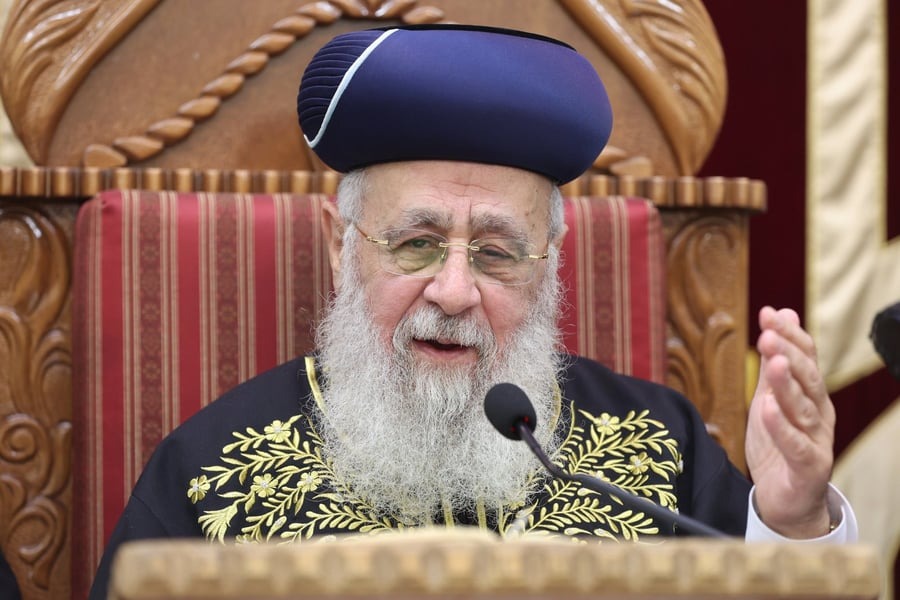
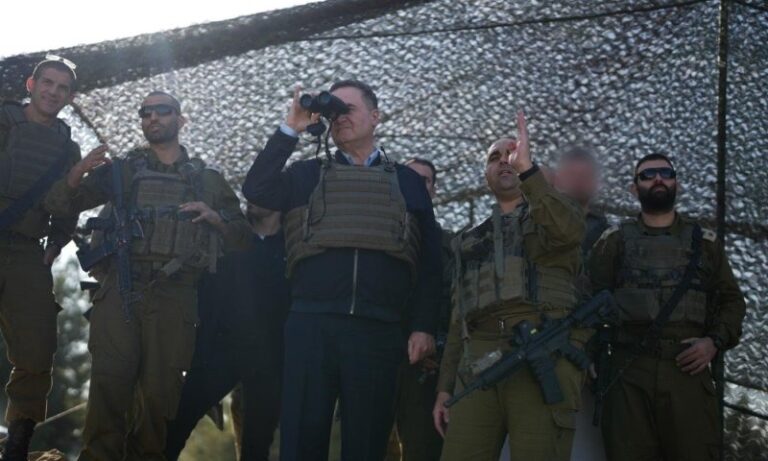

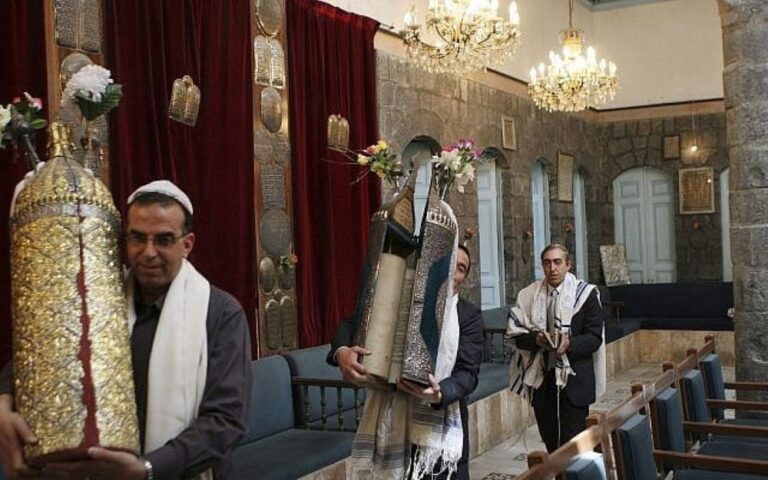

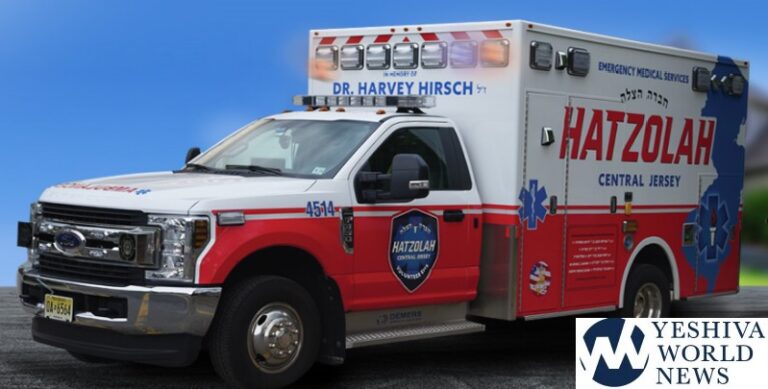
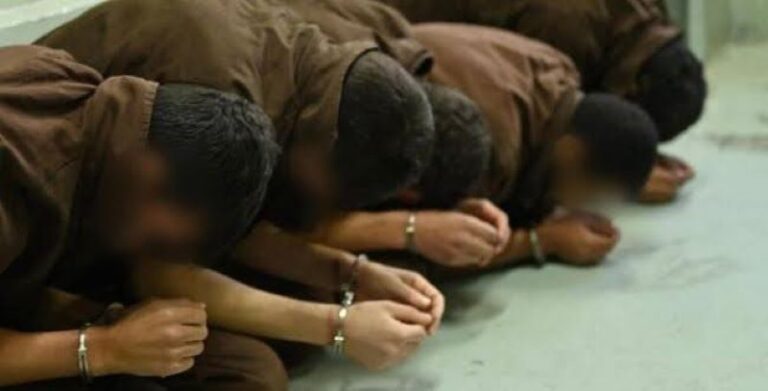


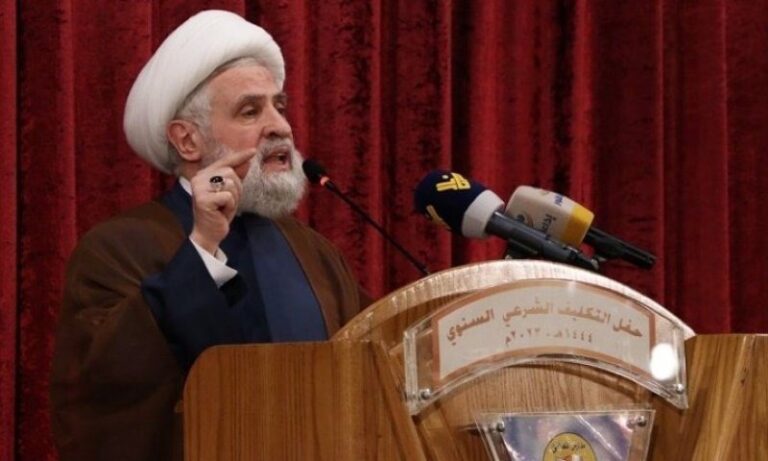
4 Responses
I say privatize Mass Transit. I don’t remember a year that has not gone by where there is not a major problem with Mass Transit. The fares keep on going up and up and the only thing that we hear is how the problems are unsolved.
One illustration of this is the problem of emergency response. Ever tried to use a cellphone in a subway? Ever tried to find a working payphone? The emergency cord is no help. It shuts down the subway for an hour and a half preventing a quick escape!
last time nyc had a private mass transit system it failed and they all had to be merged in the system that we have now that is run by the mta
yosse, the reason why it failed was because NYC built the Independent Line after the BRT, IRT, and LIRR were operational. They were not able to compete with the IND. No private company can compete with a public sector option because the public sector does not have to be profitable. Instead, all of the costs are transferred onto the taxpayer.
You and the rest of your crew from the Democratic Party such as akuperma, justajew, bacci40, et. al. always, always, always intentionally ignore the fact that the public sector does not have to remain profitable to remain operational. When there is a short fall then the government just has to raise revenue called taxes.
But, of course, that is why I am so villified by YOU PEOPLE because I am very successfully revealing this information and in the process I am slowly and surely breaking up the control the Democratic Party has on the Jewish vote. Naa naa na na.
Flatbush Bubby
first of all i do not belong to that group of You and the rest of your crew from the Democratic Party such as akuperma, justajew, bacci40, et. al. always, always, always intentionally ignore the fact that the public sector does not have to remain profitable to remain operational. When there is a short fall then the government just has to raise revenue called taxes.
second the IRT till this day does not have any competition in the Bronx and they still could not make money . years ago there was a private bus company on the lower east side which went kaput . within the last two years the green bus line and triborough coach had to be taken over by the city because they were loosing money .
third , most of the money from the toles that the TBTA charge is used to subsidize local mass transit , otherwise the fairs would be much higher . would you be willing to pay your fair everyday based on distance and not a flat fair.
it is very easy to talk the talk but it is much harder to walk the walk.